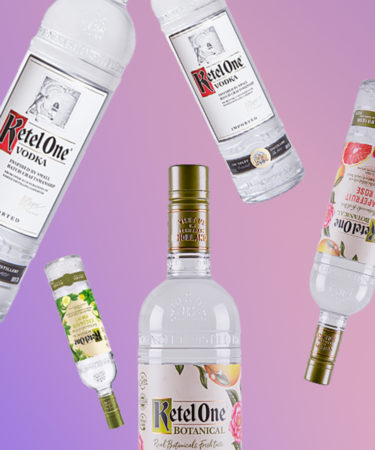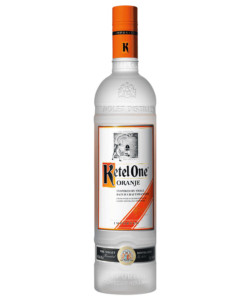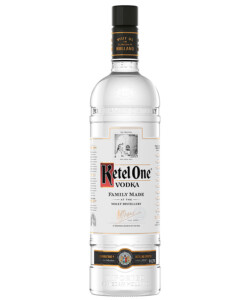
Cocktail-friendly Ketel One Vodka is a proudly Dutch operation. Made in the Netherlands for 11 generations, the distillery even has its own windmill!
It’s a cocktail-friendly spirit, and placed in the the top three when VinePair blind-tasted the best vodkas for Moscow Mules.
Curious to learn more? Here are 10 more facts you should know about Ketel One Vodka.
Ketel One is the product of over 300 years of distilling experience.
Ketel One is distilled by the Nolet family in Schiedam, the Netherlands. The distillery was founded in 1691 by Joannes Nolet, and is currently managed by the 10th and 11th generations of Nolet distillers.
The family originally distilled jenever.
When Joannes Nolet founded the distillery, production was focused on jenever, a highly aromatic Dutch gin. The family didn’t start making its much more recognized vodka until the early 1980s.
The Ketel One story begins with 10th generation Carolus Nolet.
In 1979, Carolus Nolet took control of the family business. Keen to expand the distillery’s portfolio, Nolet traveled to the United States, where he discovered an emerging cocktail culture. Nolet was convinced that a high-quality vodka would succeed in the burgeoning market and returned to the Netherlands to create his own high-end spirit. Ketel One Vodka was released in 1983.
Ketel One Vodka is named after the distillery’s original copper pot still.
Dutch distillers refer to pot stills as ketels. When Carolus Nolet perfected his vodka recipe, he named it after the distillery’s oldest, coal-fired copper pot, Distilleerketel #1. A portion of the wheat spirit that makes up Ketel One is re-distilled in this pot, which also features on the bottles’ labels.
Ketel One undergoes an unconventional distillation.
Distillers traditionally favor column distillation for vodka production, and pot stills for darker, richer spirits like single-malt Scotch or navy rum. The Nolet distillery utilizes both column and pot stills for Ketel One Vodka, a combination that Carolus Nolet Sr. believes produces a smoother flavor profile. (Pots are also favored in the production of gin, so it’s likely Nolet gained inspiration for the process from his family’s experience distilling jenever).
Each bottle is personally approved by the Nolet family.
Each run of Ketel One Vodka must be personally tasted and approved by a member of the Nolet family before bottling begins.
The Nolet family is really fond of windmills.
During the 18th century, Schiedam was home to nearly 400 working distilleries, so the enterprising, fifth-generation distiller Jacobus Nolet built a large windmill to process the town’s grain. The huge construction was named the Whale. In 2005, the Nolet family constructed another windmill, this time at its distillery site. De Nolet (also known as Noletmolen) was designed to look exactly like a traditional Dutch windmill, but it wasn’t just erected for aesthetic purposes. De Nolet houses a wind turbine and supplies roughly 20 percent of the distillery’s electricity.
Tradition, meet technology.
During Ketel One production, the original pot stills are combined with computerized column distillation technology, providing a perfect harmony between tradition and technology. Across a canal from the distillery is Ketel One’s high-tech warehouse, where packaging, storage, and distribution take place.
Connecting these two buildings is the underground Nolet Tunnel, a recently completed engineering project that allows the automated transfer of finished cases to the warehouse, while bottles and supplies simultaneously head in the opposite direction.
Ketel One is part-owned by Diageo.
In 2008, Diageo paid a reported $900 million to enter a 50-50 partnership with Ketel One. The joint venture granted Diageo exclusive global rights to sell, market, and distribute Ketel One. As part of the deal, the Nolet family maintained ownership of the brand rights, distillery, and, crucially, its secret distillation recipes.
Ketel One advertising is low-key.
Ketel One didn’t begin advertising until 2003. Even then, its first campaign simply read, “Dear Ketel One Drinker Thank you.” Ensuing minimalist advertisements often contain nothing other than text written in Ketel One’s signature font.


